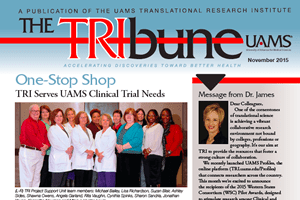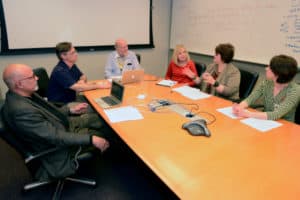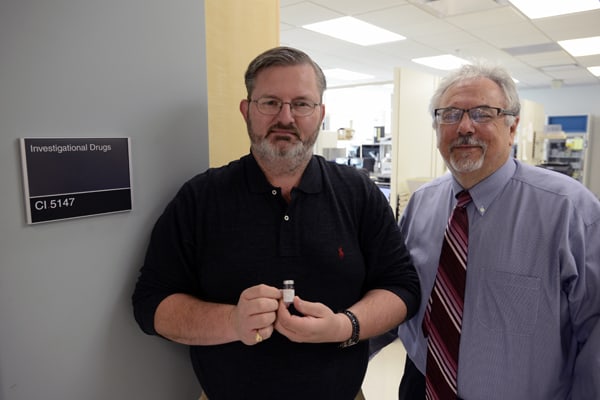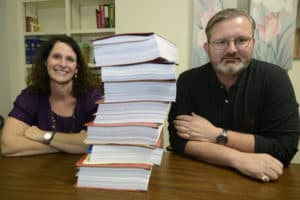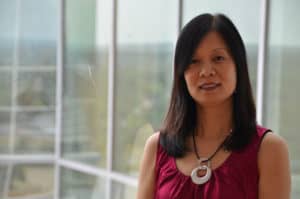The November issue of TRI’s newsletter, The TRIbune, is now available. This issue features our clinical trials services, our promotion of health sciences innovation and entrepreneurship, KL2 Awardee Ling Gao, M.D., Ph.D., published in the NEJM, and TRI-cited publications.
